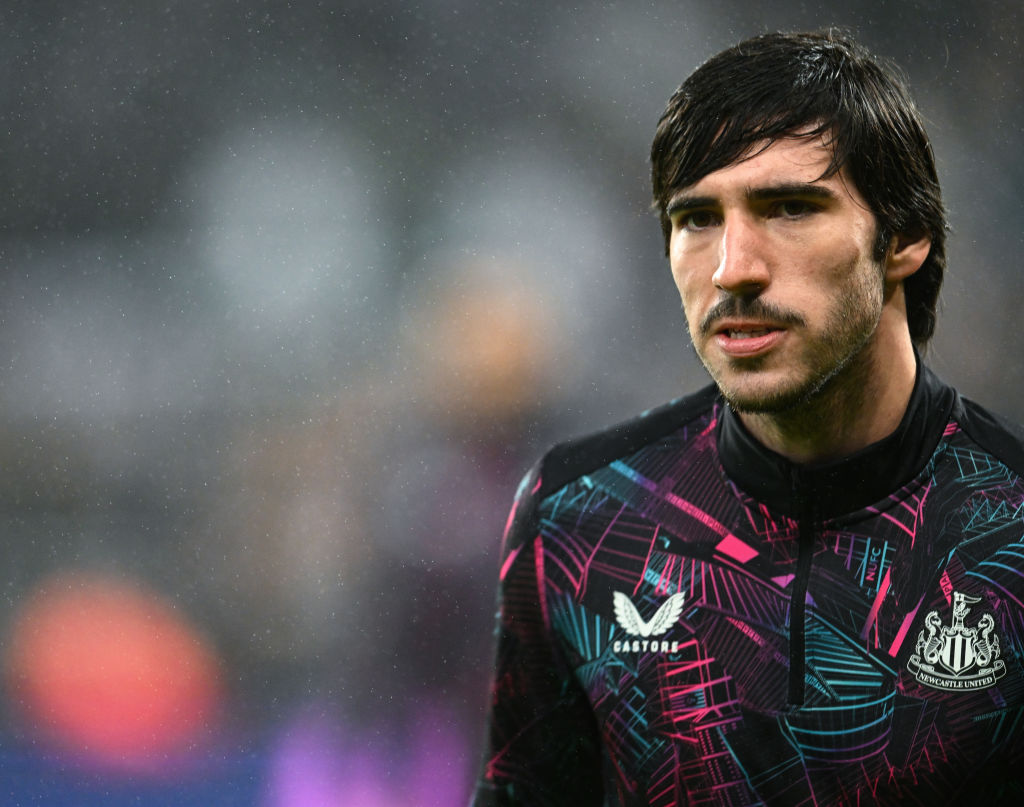Sandro Tonali’s ban explained: Why his punishment differed to Toney and Trippier

After weeks of speculation following an announcement that the Italian FA (FIGC) was investigating potential breaches of betting regulations, Newcastle United midfielder Sandro Tonali has received a 10-month ban from football.
His fellow countryman Nicolo Fagioli had already been suspended as part of this inquest, while closer to home Harry Toffolo, Kieran Trippier and Ivan Toney are just a few of the recent high-profile footballers who have faced fines and bans for betting-related offences.
But each punishment differs – some more severe than others – and it is important to note that various rules, laws and regulations apply.
Tonali is a Newcastle United employee, so his legal relationship with the club is governed by a playing contract which is the standardised agreement administered across the Premier League and is subject to approved variations and additions from a precedent bank.
This standard contract outlines that a player’s obligations are to abide by the rules of the competition, the Football Association and Fifa, but more pertinent in this case, a series of requirements such as not to bringing a club into disrepute.
If a player breaches such responsibilities, the agreement outlines the various forms of action a team can take, in addition to the FA’s extensive rules prohibiting betting-related activities.
The regulations set out a number of offences that carry different punishments – an example being Trippier’s 10-week ban in comparison to Toney’s eight-month suspension from all football activity – as well as outlining that charges may be reduced if there are mitigating factors such as an agreement to undergo counselling for addiction.
However, Tonali is not being charged by the club, competition or FA – it is under the FIGC’s jurisdiction as the offences occurred while the midfielder was playing for his former side AC Milan back in Italy.
This makes the matter entirely more complex when compared to previous cases as the Italian governing body has its own rules and regulations to abide by.
While their structure is similar to the FA – such as rules which outline a series of specified offences with a tariff of punishments and potential reductions for mitigating factors – the FIGC ultimately does not govern English football.
It is Fifa’s standard position, however, that a ban administered by one of its member associations should be upheld worldwide which is why Tonali will be suspended for the following 10 months from club and international football.
Reports have indicated that Tonali’s potential punishment has been reduced significantly due to an admission of the charges – a plea bargain.
This avoids the costs and time required to prosecute, while the Italian has also agreed to undergo prolonged counselling and to return to his country to partake in group educational sessions.
These commitments will have required cooperation between the club and FIGC, so it is possible that there is some form of an arrangement to facilitate his punishment, while the FA is unlikely to take further action if they are satisfied with the course taken.
Tonali’s case is yet another example of a high-profile footballer falling foul of betting regulations and it remains to be seen if there will be further legal action related to the case.
Stephen Taylor Heath, is co-head of sports law at JMW Solicitors.